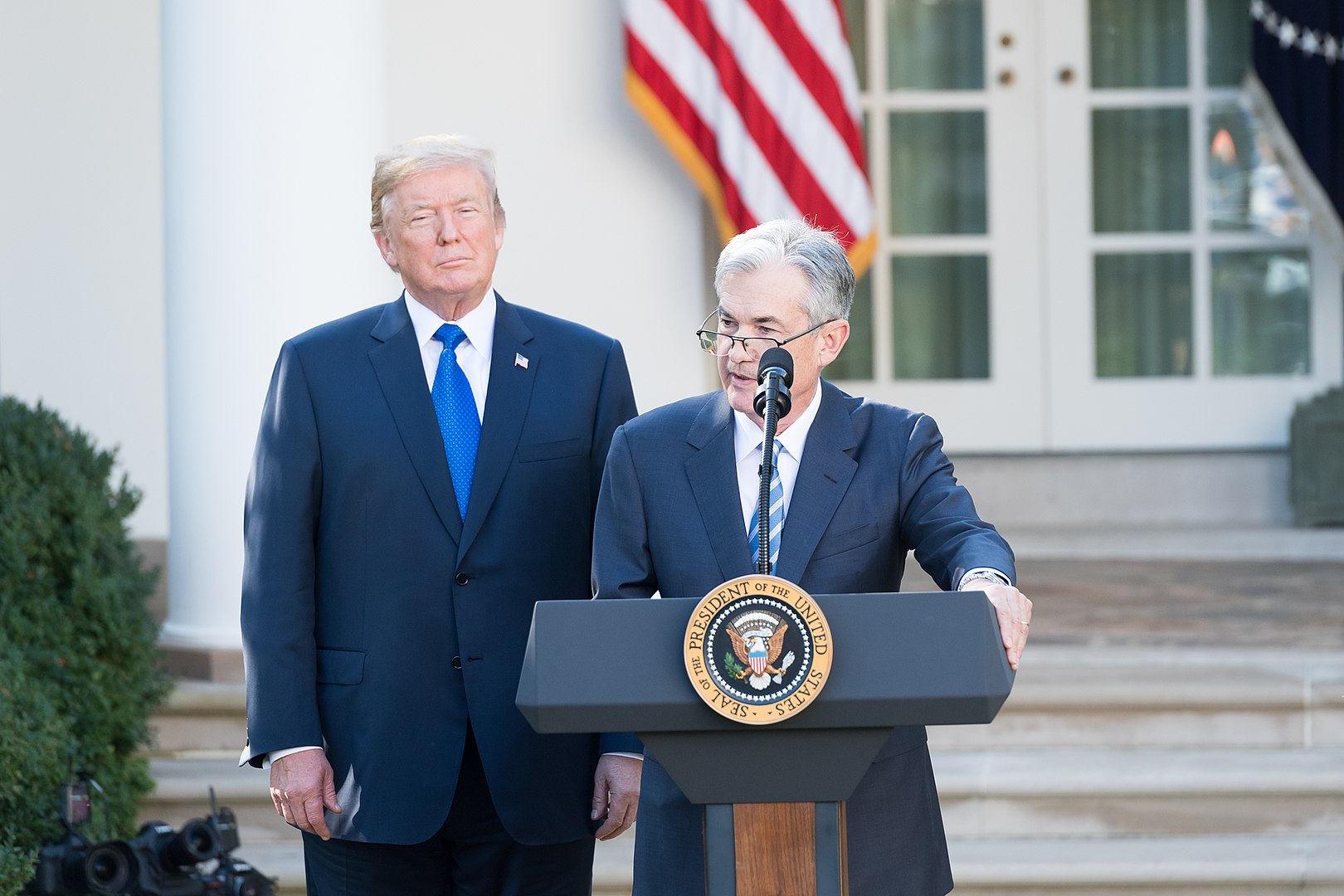Twenty-first century voodoo economic theories pushed worldwide by populist politicians are speeding the world to the edge of a global downturn. One by one, democratically elected leaders are taking down their smart economists and promoting their own questionable—and politically motivated—ideas about interest rates and banking practices.
Turkey and the United States are the latest nations whose presidents are pressuring or pushing out their reliable economic advisers, replacing them with ideological loyalists. These presidents’ makeshift monetary mumbo-jumbo is aimed at achieving short-term economic and political gain. As a result, corrections and recessions may be temporarily delayed, but continually loom right around the corner.
From Ankara to Washington, heads of state are demanding that their previously apolitical national bankers cut interest rates to grow their economies, spur investment and combat unemployment. The message to central bankers is clear: Drop the cost of money or lose your job. It’s not an idle threat.
India recently forced out its central banker. In the United Kingdom, Brexit factions want to overhaul and push around the Bank of England. Globally, from Mexico to the European Central Bank, folks tasked with figuring out state finance are under inordinate political pressure.
Turkish President Recep Tayyip Erdoğan tag-teamed with his favorite government official, Finance Minister Berat Albayrak, to fire the country’s well-respected central banker, Murat Centinkaya. It’s important to note that Albayrak is Erdogan’s son-in-law and fully willing to leverage his Pace University MBA to support Erdogan’s unfounded economic hypothesis that high interest rates were “hurting” Turkey’s economy. The central banker’s policies may have hurt Erdoğan’s popularity, but the banker’s monetary policy was helping the Turkish lira recover. Once Erdoğan fired him, the Turkish currency tanked.
In the United States, the president’s son-in-law and senior adviser is busy elsewhere and leaving Trump and other allies to insist on the right number of basis points for the next Federal Reserve interest rate cut. The president’s inability to just drop rates by fiat has led to his frontal assault both on the Fed Chairman Jerome Powell and to public snits demanding action. For the record, the Fed has a modern independent tradition, operating relatively free of political interference and presidential threat. But these are not normal times and suddenly the same president who insists that he alone can fix America’s problems asserts that he alone should be deciding on the Fed’s interest rate cuts.
At the Hoover Institution, where I work, a recent “Strategies for Monetary Policy” conference concluded that the Fed’s success at managing monetary policy now and in the future would be dependent on its successful ability to tie strategy, tools and communications coherently together. Trump has consistently undermined this approach and, instead, made monetary policy both personal and political.
On the personal side and over the last year, Trump has called Fed Chairman Powell both “loco” and “the biggest threat” to our national economy. He has ridiculed him, scapegoated him, threatened him and, despite the law, has long tried to fire him. In this regard, Trump clearly has Erdoğan-envy. He also envies China’s Xi Jinping.
Trump has said outright that he wishes for what he sees as Xi’s absolute authority over monetary policy, stating that Xi Jinping is “his own Fed,” making it possible for China to be “pumping money into their system” as they continue “lowering interest rates very substantially.”
Shy of Xi’s perceived total power over China’s money, Trump is attempting to end-run Powell by appointing ideologically aligned and policy amenable candidates to the policymaking Fed’s Board of Governors. These new appointees are expected to push for freer-flowing money, regardless of traditional monetary policy practice, learned warnings, and the limited options and tools available to the Fed if things suddenly go very bad for the economy. Damn the potential policy consequences, they say, and prime Treasury to throttle printing presses full speed ahead.
Cheap or free money is usually a sure way to stoke the economic growth furnace. When printing more money and lowering the cost of borrowing by cutting interest rates to near zero become the main tool of economic stimulus, economists tell us that the resulting stock market rise and economic growth numbers are artificially achieved and impossible to maintain.
Trump, however, is focused on making an economic reelection argument to the American people. He touts that his success is reflected in sky-high stock-market valuations, low unemployment, corporate tax cuts, lowered mortgage rates and the cheap money available for corporate borrowing and stock buybacks.
Unfortunately, as during any economic boom, these devices make sure an overheated economy is stimulable, but unsustainable. Trump needs the Fed to lower interest rates so “we’d be like a rocket ship.” Politically, he may be right, but even rocket ships sometimes blow up on the launch pad.



